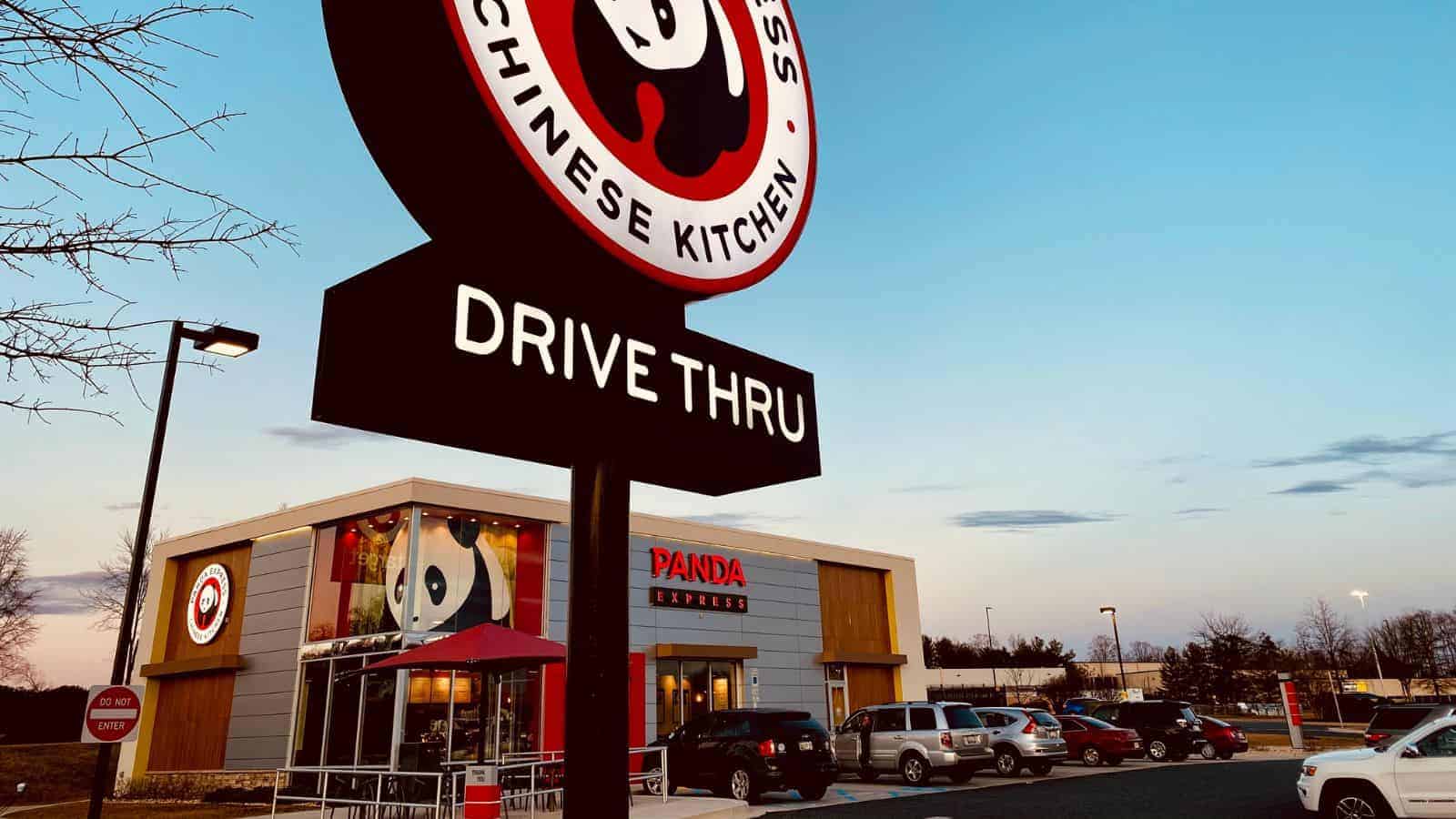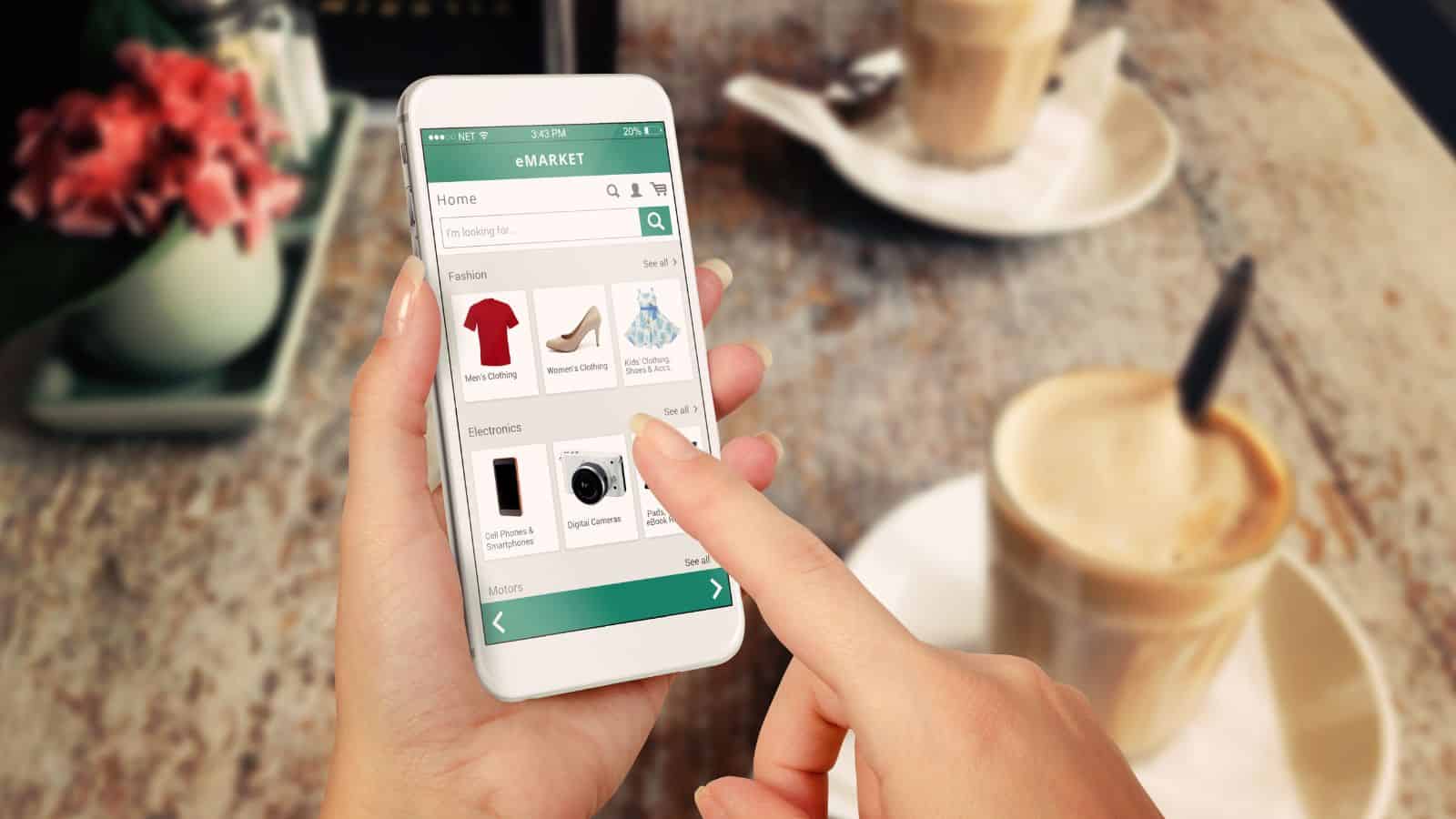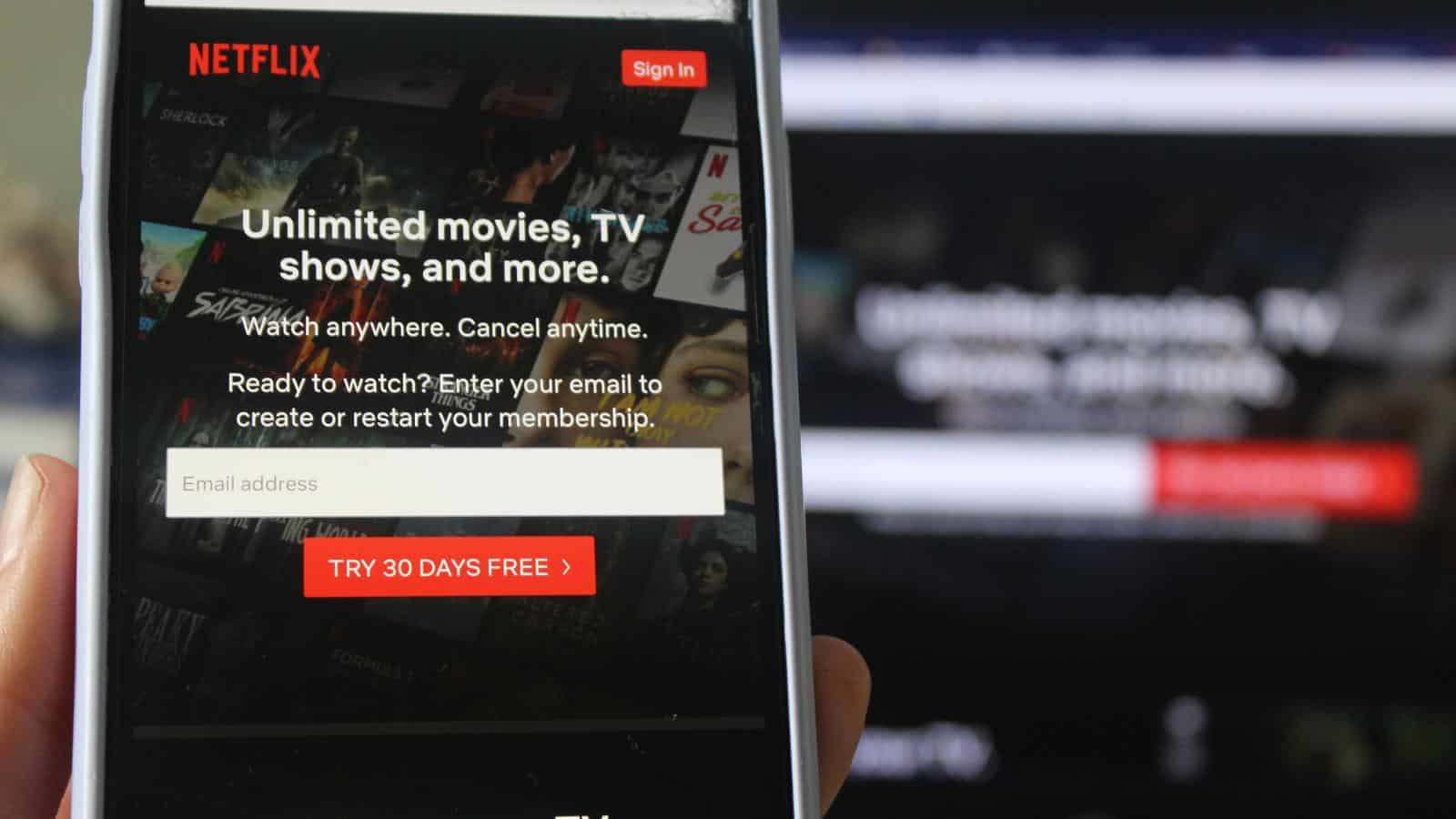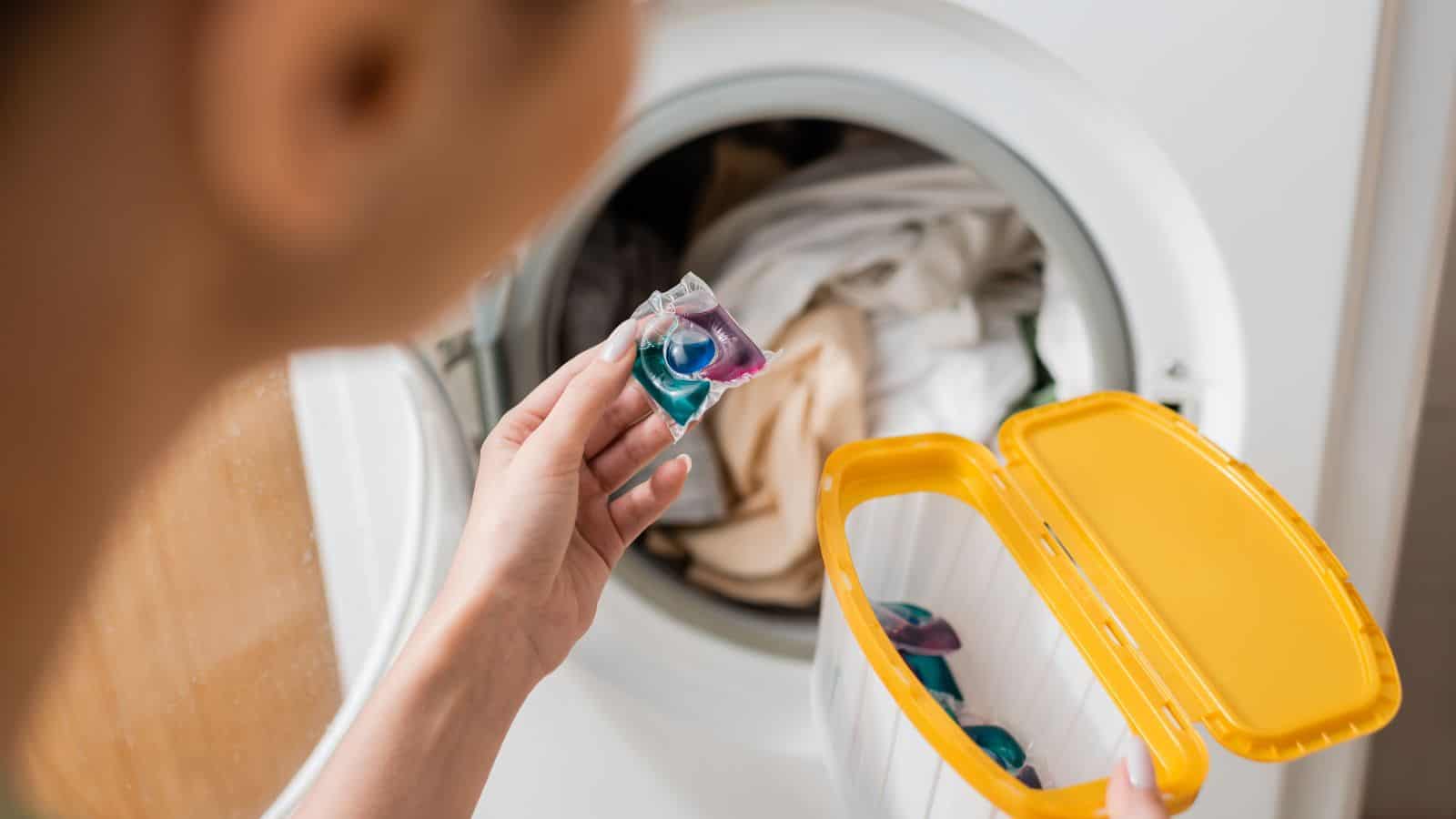We all have those little guilty pleasures that seem harmless at first but quietly chip away at our budgets over time. Habits you may not even think twice about anymore could be adding up to hundreds of dollars a month. To help you discover where you might be wasting unnecessary money, let’s take a look at some common daily expenses that are wasting you money.
Morning Coffee Runs

That innocent little $4 cup of coffee every morning might not seem like much, but it adds up fast—$20 a week and over $1,000 a year! If you’re willing to put in a little time and effort, you could brew your coffee at home for a far cheaper price without sacrificing on your quality caffeine fix.
Bottled Water

Buying a bottle of water here and there when you’re on the go might seem harmless, but at $1–$3 per bottle, the cost racks up quickly. The good news is that a reusable water bottle costs a fraction of the price and is much better for the environment too. It’s easy to fill it up at home, and you’ll avoid paying for something you already have.
ATM Fees

Using out-of-network ATMs can cost $3–$5 per transaction, and if you do it regularly, it’s like throwing money away. Plan ahead and use your bank’s ATMs, or switch to a bank that reimburses ATM fees to avoid this unnecessary cost.
Unused Subscriptions

Those old streaming services and gym memberships you’re not even using anymore are a sneaky drain on your budget. You might be telling yourself you’ll get back to it “someday”, but chances are that day may never actually come. So if you’re not using them regularly, it’s best to just cancel or pause them.
Eating Out for Lunch

There’s nothing wrong with treating yourself to a nice lunch every now and then, but if you’re buying lunch every workday, you could easily be forking out $200–$300 a month. Packing your own lunch is a much cheaper option, and it’s often healthier because you can control what goes into it too.
Convenience Store Snacks

What’s the harm in a little bag of chips every now and then? Well, it might be okay to buy the odd snack from the gas station once in a while, but those costly $2–$5 snacks on the go can add up. You’re better off stocking up on snacks at home or bringing your own to avoid the markup on convenience items.
Premium Gas (When You Don’t Need It)

Contrary to what some people think, most cars really don’t need to pay premium prices for that premium gas. Unless you know that your car specifically requires it, you’re likely wasting money by going with the higher grade. Regular gas is perfectly fine for most vehicles and costs a whole lot less per gallon.
Overpriced Phone Plans

A lot of people pay for phone plans with unlimited data or extras without ever actually using them. That’s why it’s a good idea to take a closer look at your monthly bill, and consider switching to a cheaper plan that better suits you and your needs. You could end up saving yourself as much as $20–$50 per month.
Subscription Boxes

Sure, those enticing subscription boxes for clothes, snacks, or beauty products might seem fun, but they often just end up as annoying clutter. If you’re not using or enjoying everything that comes with them, it’s money wasted. Even just canceling one subscription box could free up $20–$50 monthly.
Grocery Store Impulse Buys

Grocery stores are great when it comes to sneakily enticing us to impulse buy, so it’s important not to fall for their tricks. Stick to your list, and shop with a plan if you want to avoid overspending on random things you don’t really need. Those small splurges add up more than you’d think.
Unnecessary Extended Warranties

You may have noticed that a lot of retailers are very pushy when it comes to selling their extended warranties, but most products already come with decent manufacturer warranties. Unless it’s for a really pricey purchase like a car or a major appliance, you’re usually better off skipping the added cost.
Late Fees

This may sound like an obvious one, but plenty of people fall victim to missed credit card payments or overdue library book fees. These payments can really rack up if you’re not careful, and they’re completely avoidable with a little planning. Simply set up auto-pay or reminders to ensure you never forget.
Overpriced Cleaning Products

Who really needs a completely different cleaner for every surface? Specialty cleaning products may make us think that you do, but they’re often just unnecessary and costly. You’ll usually find that a multi-purpose cleaner or DIY solutions like vinegar and baking soda work just as well and cost far less.
Dr

Yes, we all know how tempting those drive-thru breakfasts can be, especially when you’re in a hurry. But if you make it a habit, those $5–$10 meals add up fast. Prepping simple breakfasts at home, like oatmeal or smoothies, can save you hundreds over the course of a year.
Forgotten Gift Cards

Did I just remind you of an old gift card you’d forgotten to use? If so, you’re welcome! A lot of people forget, and these unused gift cards sitting in your wallet or drawer are essentially just money down the drain. Use them before they expire so you don’t let free money go to waste.
Paying for Shipping

As you probably know, online shopping often comes with some pretty hefty shipping fees, but many stores offer free shipping if you meet a minimum spend or sign up for email promotions. That’s why it’s a good idea to plan your purchases strategically to avoid paying more than necessary.
Leaving Lights On

You can leave the light on… but it’s better if you don’t. Keeping lights on in rooms you’re not using can raise your electric bill more than you’d think. A good solution is switching to energy-efficient bulbs and turning off lights when you leave a room. Small changes like these make a big difference over time.
Expensive Drinks Out

Those fancy cocktails, lattes, or even bottled beers at restaurants come with a hefty markup. So if you’re out for dinner, it’s better to skip the pricey drinks and enjoy one when you get home instead. Believe it or not, cutting back on this one habit can save you $20–$50 a month easily.
Automatic Renewals

Automatic renewals might be handy for keeping those memberships, services, or magazines going, but they’re all too easy to forget about. Think for a moment about whether you might have anything ongoing that you actually wanted to cancel. That $5–$15 a month might seem small, but that changes when it keeps going for years.
Laundry Habits

You may not have considered this, but using too much detergent or running half-full loads can waste quite a bit of money and energy. Stick to recommended detergent amounts and wait until you have a full load to do laundry. You’ll save on a good amount of water, electricity, and detergent over time.
